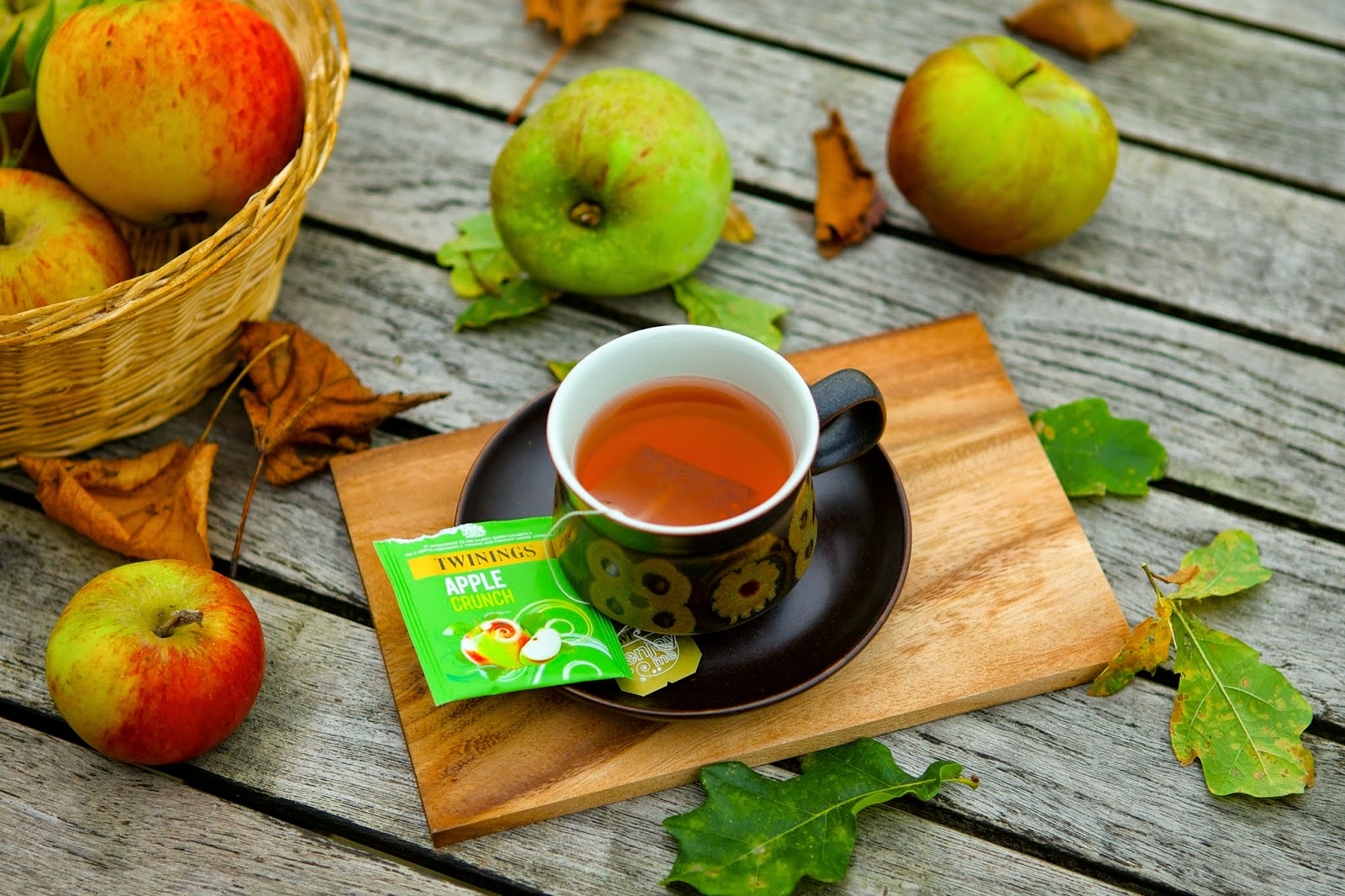Since I've had an interest in tea, Lapsang Souchong is a name I have heard repeatedly. Although, I didn't really know anything about it; but recently Twinings have released 'Smoky Lapsang' as part of their new range of 'Origin Teas'. I could not wait to try it, and I was truly surprised when I did.
Lapsang Souchong is from the Chinese province of Fujian. Some sources say that it was the first ever black tea, legend has it that during the Qing Era in China, there were many armies passing through which caused a delay in the annual drying of the tea. The tea producers needed to dry the tea leaves as quickly as possible in order to satisfy the demand. Therefore the workers began to dry the tea leaves over bonfires of pine branches - giving Lapsang Souchong it's noticeably famous smokiness.
Souchong leaves are the least desirable leaves of the tea plant, and smoking them makes them more marketable, as they have generally less aroma than the other leaves and the buds.
When I opened my box of Lapsang, the smokey scent of bonfire filled the air - it is truly remarkable.
I was honestly a little unsure about how much I would like this tea, despite being a fan of smoked goods, and I do love the smell of bonfires.
When it came to tasting it, I had not put any milk in it as there is no instruction to do so - therefore I was expecting a slightly bitter flavour (like most black teas when you do not add milk). But I could not have been more wrong.
The flavour is rich and woody, it is incredibly smooth and calming to drink. As you swallow the tea you are left with the flavours of smouldering embers and visions of glowing branches on a cold November bonfire night. The scent of satisfying smokiness lingers, leaving the feeling of warmth. The flavour of the tea itself isn't strong or remotely unpleasant, in fact it's quite subtle, and the smoky tones are more of backdrop and aftertaste rather than the actual flavour of the tea itself.
I really love this tea, and am very pleased to own a box of 20 envelopes - although it now less than that! This tea is luxurious and fulfilling, and I would honestly recommend it if you are looking to try something rather different, as it is unlike any other tea I have ever tasted.
Another thing that truly stuck me about this tea - was nothing to do with the taste at all, but the immense attention to detail in the packaging.
As someone who is very interested in branding and graphic design, the box and envelopes truly did impress me. Not only do you get a very beautifully designed box in wonderful colours, but when opened there is small story about the tea inside the lid. The individual envelopes are equally well presented. I would not buy a product purely because I like the packaging, but I do have to mention it - as I am somewhat impressed with the calibre of design all the Twinings teas have, and this is no exception.
At the moment this tea can only be purchased from the Twinings online store
here as it is a new blend, it is £2.49 for a box of 20 envelopes.
I steeped my tea for just over 3 minutes, and added no milk or sugar.
© Photography taken by and copyright to Elizabeth Mawson and 'Tea is Always a Good Idea'.
















